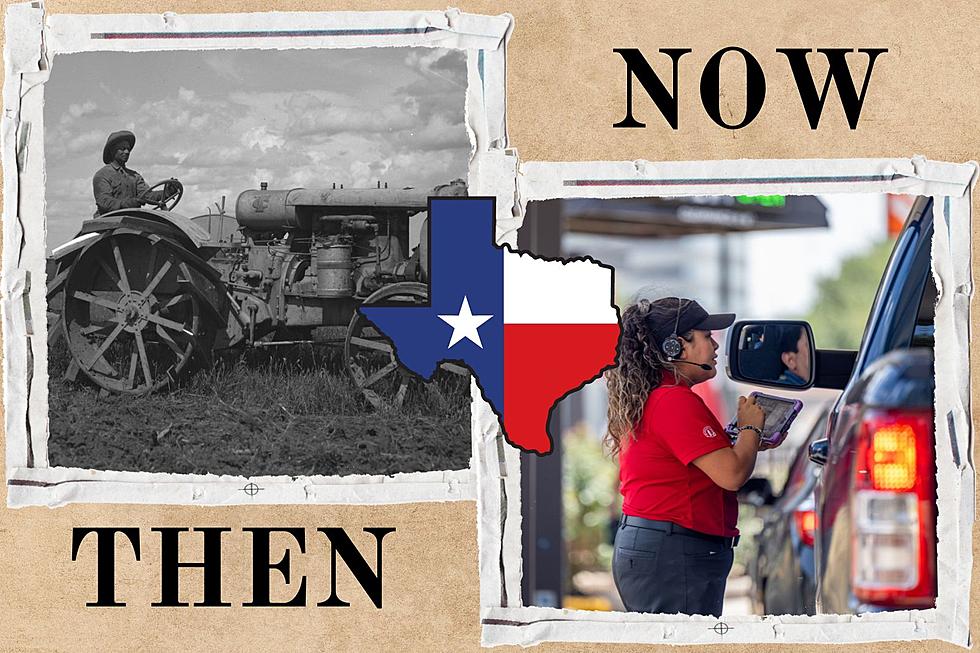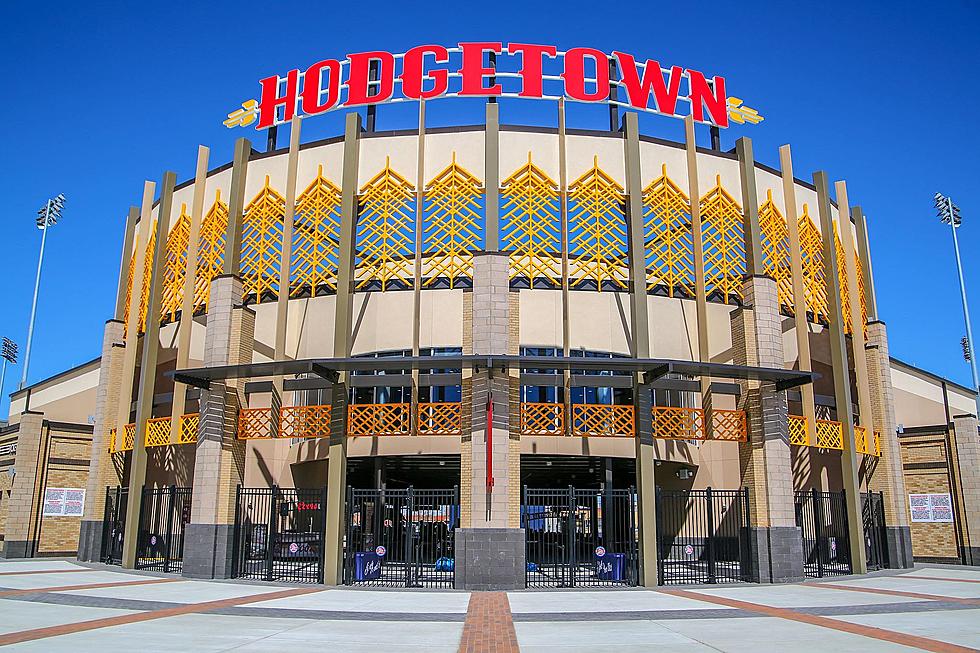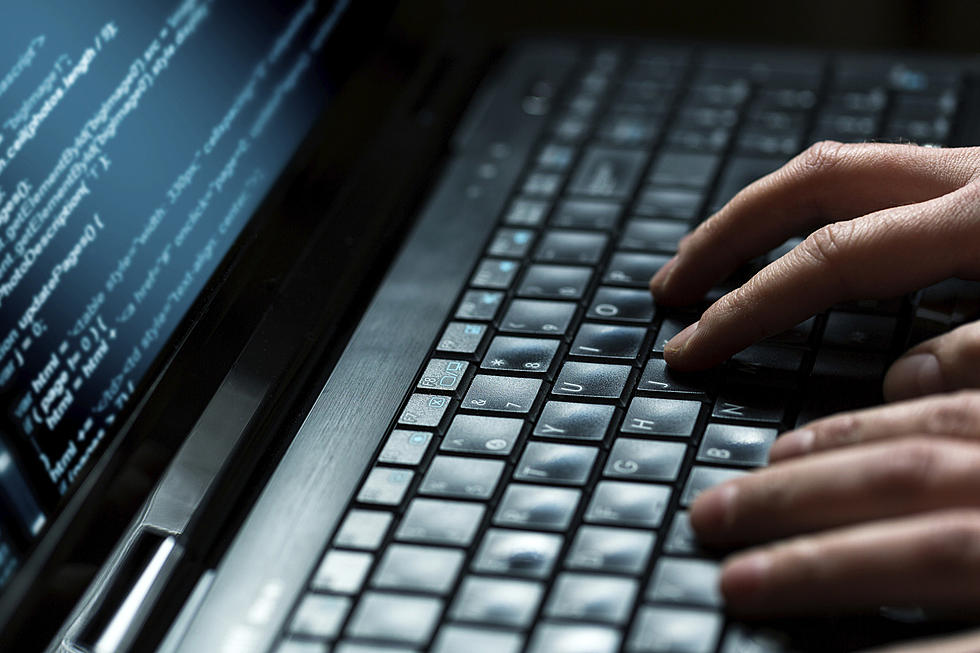
5 Handy and Important Meeting Etiquette Tips
It seems like proper meeting etiquette should be obvious, but based on the number of workers who believe their time is wasted in meetings every day, we could probably all use a little refresher course on what exactly comprises good meeting etiquette.
Keep in mind that meeting etiquette isn’t just a way to flex your skills at being polite. Being a good meeting host or attendee will help get you noticed at work, improve your organization’s efficiency and help you build a strong network of supporters in your workplace. As you can see, not only will proper meeting etiquette save you and your colleagues time at work, it will make your job easier and better.
RSVP Promptly
Good meeting etiquette doesn't just happen during a meeting, but also before and after. That means that if you’re invited to a meeting, you need to reply. If there are space issues, the meeting host needs to know who will be attending. If your presence is required and you can’t make it, the host needs to know so the meeting can be rescheduled to accommodate you.
After the meeting, you still have etiquette to uphold. If you have action items brought up in the meeting, you must respond to them in a timely manner. If you’ve promised answers to questions or further information, don’t let those tasks go ignored.
Prepare
An important factor meeting etiquette—one that is very easily observed by your co-workers—is being prepared. If you have information to provide, put it together and make it fully ready to share well before the meeting. Don't hastily finish preparing your portion of the meeting during the meeting. Requesting an agenda ahead of time will show your willingness to arrive prepared.
Which brings us to being brief. If you’re prepared for the meeting, you can keep your questions and input brief, and that will help keep the meeting as short as possible.
Focus on the Meeting
Nothing will derail a meeting faster than attendees not staying focused on the meeting. The first thing that will take away your focus or make you look unfocused is your mobile device. If you need your phone (or a tablet or laptop) for the meeting, make sure you are only using it for meeting-related work. If you don’t need a smartphone, tablet or laptop, don’t bring it. If you're waiting for a call, leave your phone on silent and leave the room when the call comes.
Follow the Agenda
Creating and following an agenda is one of the best ways to keep a meeting focused and brief. If you schedule the meeting, provide the attendees with a clear agenda of what will be discussed, in what order, and what decisions or information should come out of the meeting.
Then, if you lead the meeting, it’s your job to keep things on track and make sure everyone sticks to the agenda. If you’re attending the meeting, follow the agenda. Don’t jump ahead just because you have something to offer on another subject matter. Usually, the agenda is written in a specific order so that information can build toward a decision or conclusion. Besides, skipping ahead or back in the agenda can derail the process and waste time. It also makes you seem self-centered and inconsiderate.
Be Polite
There’s a broad spectrum involved in being polite as far as meeting etiquette is concerned, but at the simplest end of it, you just need to remember your basic manners. If you want to be appreciated for your good meeting skills, show up for meetings early. Don’t interrupt or talk over your colleagues. Don't raise your voice to make a point. Speak when it’s your turn, and always make sure you’re listening to everyone. You don’t want to sound inattentive by repeating something or trying to take credit for someone else’s idea.
Dress appropriately for meetings, and always keep your shoes on. This is no time to get cozy. Be patient and pay attention.
Finally, fidgeting, gum chewing and nervous habits (clicking your pen, tapping your fingers) can be distracting and make you seem very rude and unprofessional.
More From 101.9 The Bull









